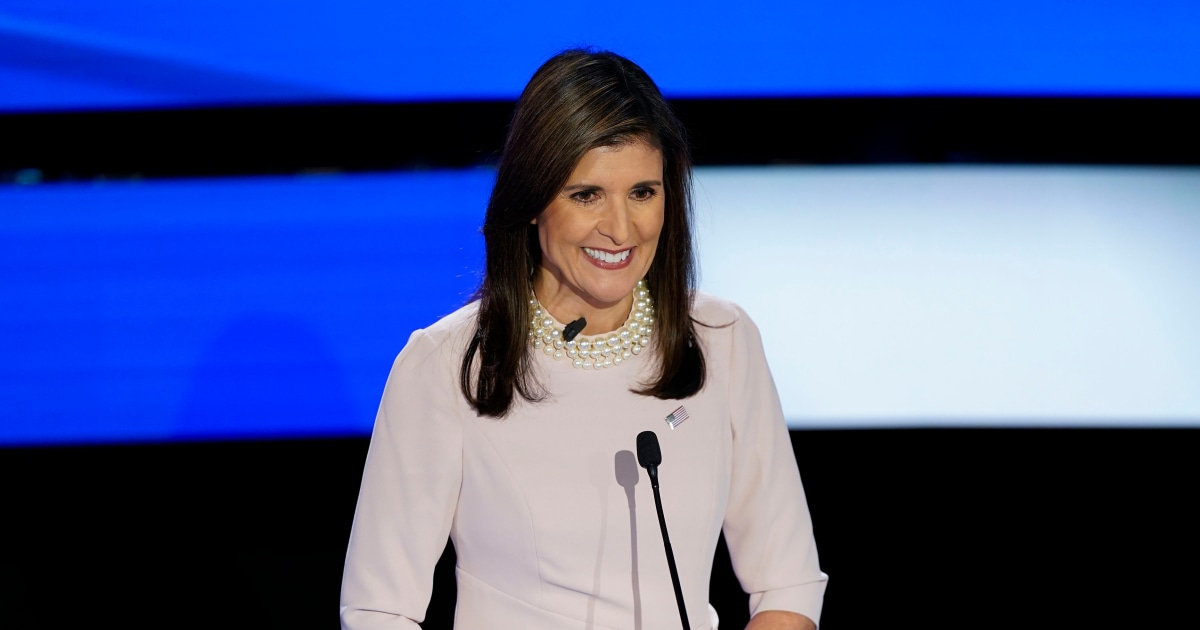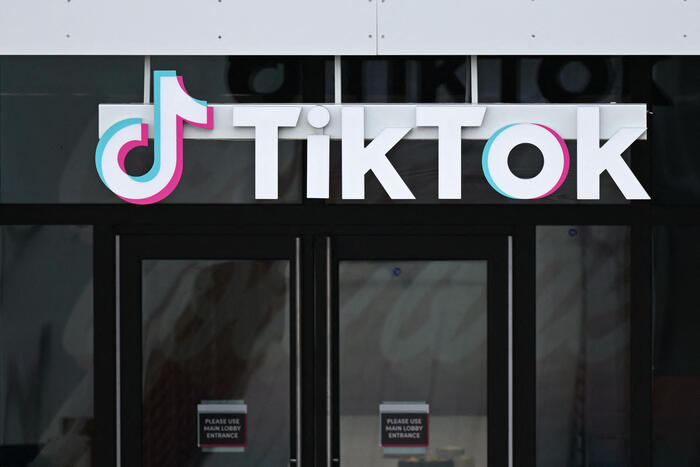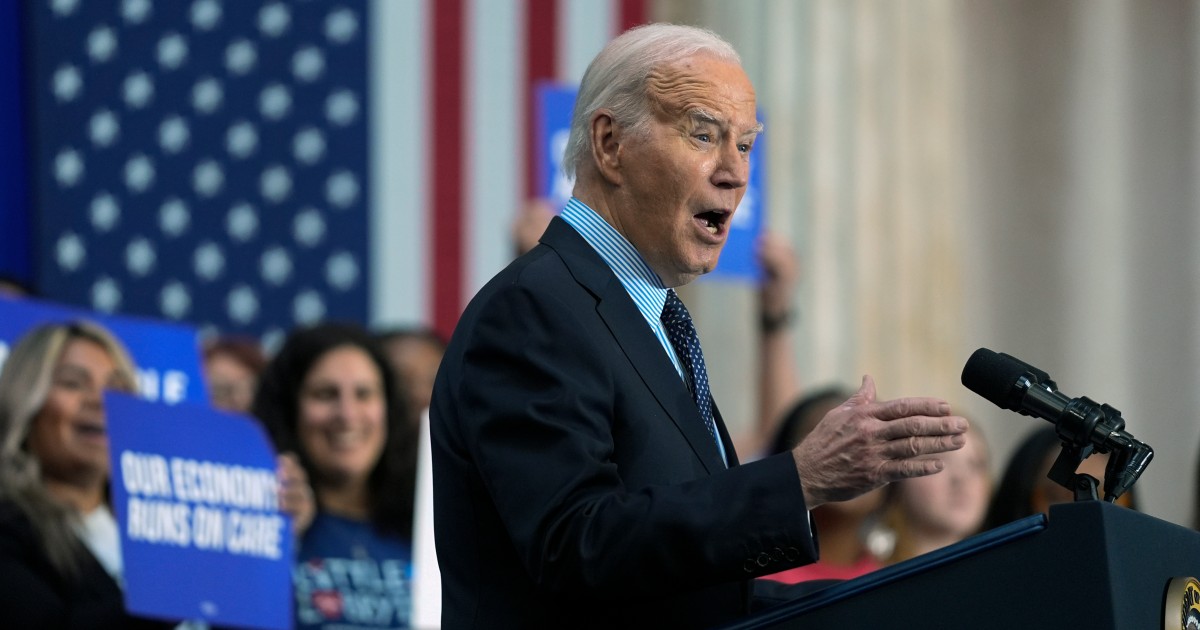US Treasury Secretary Janet Yellen in Washington in early February.NICHOLAS KAMM / AFP
The changing of the guard in Washington begins to leave its mark on global taxation, one of the greatest challenges of the 21st century.
The Biden Administration on Friday dropped Trump's veto on a
Google rate
that globally harms digital giants, thus paving the way for the establishment of a common umbrella to avoid losing key revenue for the treasury.
According to the Organization for Economic Cooperation and Development (OECD), an agreement in this regard would allow a fair redistribution between countries of an annual tax collection of between 60,000 and 100,000 million dollars (between 50,000 and 83,000 million euros).
Yellen urges the G7 to bet "big" on economic stimuli to face the crisis
The US Secretary of the Treasury, Janet Yellen, has communicated this Friday to the rest of the members of the G20 - the club that brings together the twenty major powers on the planet - of her willingness to drop the clause that would have allowed companies to abide by the agreement of a purely voluntary way and that,
de facto,
blocked the agreement.
The attempt to close the multiple transnational holes in the taxation of these companies has been one of the great fronts of dispute between the European Union and the United States during the term of Donald Trump.
In contrast to his predecessor, Joe Biden has clearly shown his predilection for multilateralism and has flaunted Atlanticism in his foreign policy priorities.
The measure involves setting a minimum tax threshold worldwide, ending the current scheme, which allows digital giants to save hundreds of millions each year.
This situation is especially pressing in Europe, where a good number of these companies take advantage of the tax advantages offered by countries such as Luxembourg or Ireland in exchange for being chosen to establish their continental headquarters.
The French Minister of Economy, Bruno Le Maire, showed in a tweet his "happiness" for the turn in the US position, which he valued as "a great step forward".
“The international agreement on minimum taxation of digital services is within our reach,” wrote one of the great sponsors of the idea.
Technology firms, mostly of American origin, have been one of the great beneficiaries of the change in habits derived from the pandemic.
"Suppose", completed the German, Olaf Scholz, a strong tailwind in the interests of fair taxation of large digital corporations.
My colleague Janet Yellen declared today to the G20 finance ministers that the US will join [the global initiative].
In recent weeks there had been talks between the head of the US Treasury with her main European counterparts to try to pave the way to lift the blockade with which the Trump Administration lifted itself in 2019.
Heureux d'entendre @JanetYellen annoncer that you 🇺🇸 renoncent your device of "Safe Harbor" who bloquait the negotiations.
C'est une avancée majeure.
An international accord to the taxation minimale des entreprises et the taxation sur les services numériques est à portée de main.
- Bruno Le Maire (@BrunoLeMaire) February 26, 2021
Much more concise and cautious, the new Italian Minister of Economy and Finance, Daniele Franco, limited himself to saying in the press conference after the telematic meeting of the G20 ministers that the objective is to have a pact closed in the middle of the year: " The current system needs to be reformed.
It is an urgency at a time when we are facing the challenges of globalization and digitization ”.
However, he added, "the devil is in the details", a formulation that implied that there is still a lot of work to do before the agreement fully crystallizes.
In the middle to the end of last year, and in the face of the refusal of the United States, the OECD decided to park until the first half of 2021 the agreement for a
universal
Google rate
, a calendar that now - a change of mind of the White House through - seems to be much more plausible.
Although there are still several important points to be negotiated, the lifting of the US veto brings - very much - the agreement in the working group created for this purpose by the
think tank
of rich countries, made up of 137 nations.
The creation of a common tax framework for Apple, Facebook, Google or Amazon is one of the great aspirations in the Old Continent.
In the absence of a global agreement, Spain and France have already individually launched their own initiatives to make digital platforms pay, and the European Commission has stressed on several occasions its intention to go ahead with a continental proposal if there is no white smoke in the OECD.



/cloudfront-eu-central-1.images.arcpublishing.com/prisa/O645Q5IDLJHDPB6BJQCWLA23HY.jpg)











